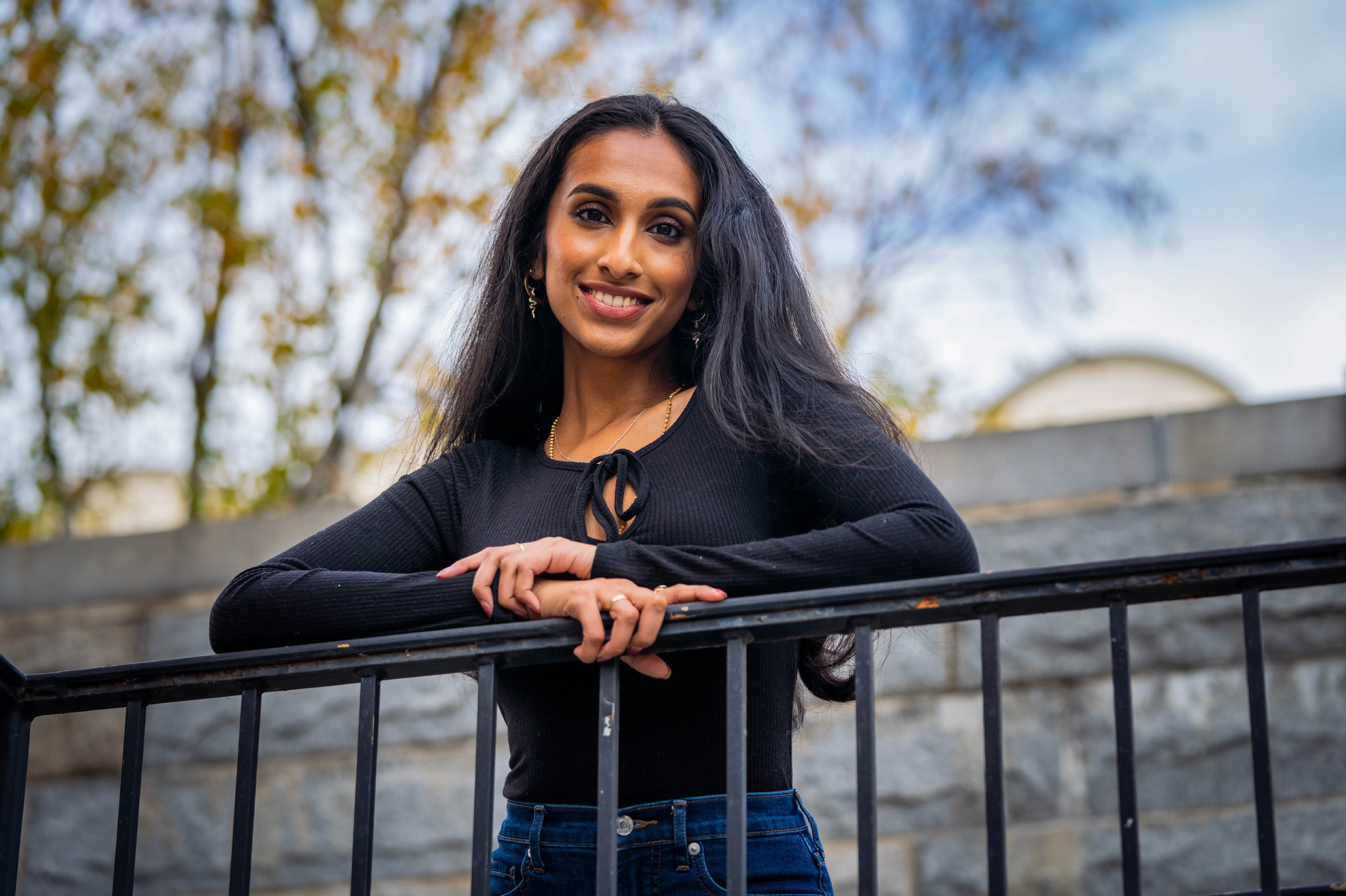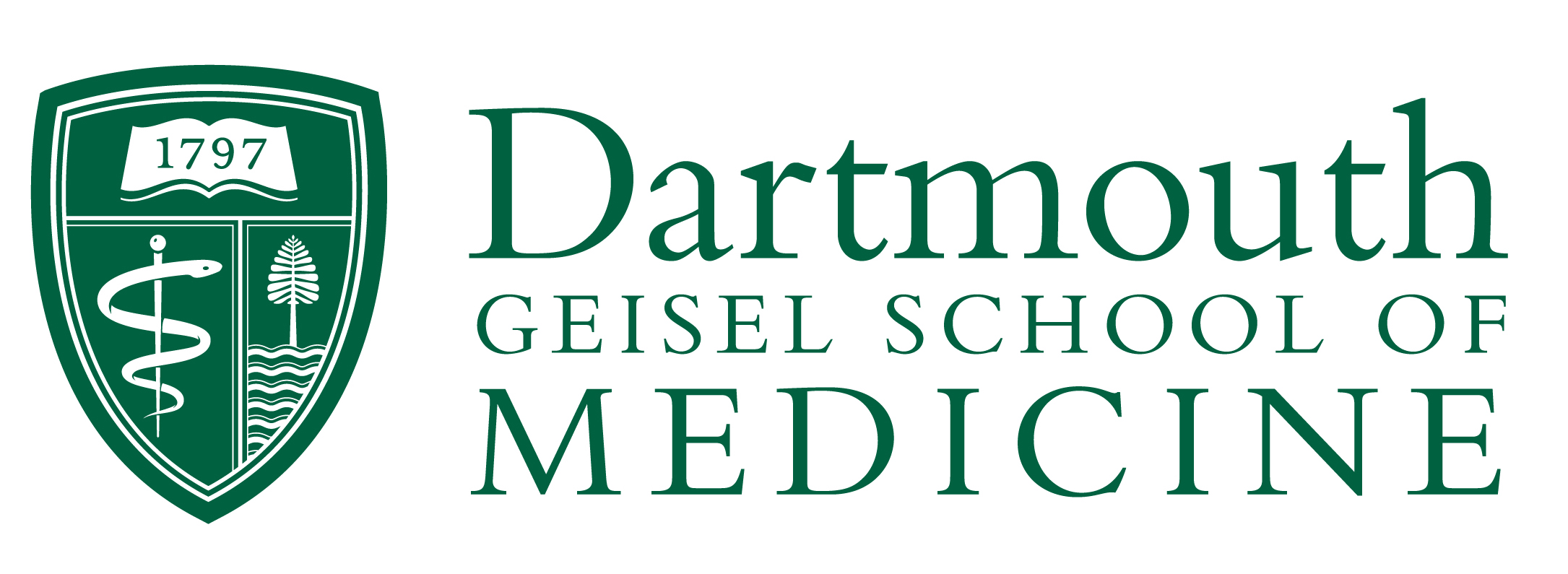
Chinmayee Balachandra ‘25 was born into a family of musicians with deep roots in classical South Indian Carnatic Music—with an emphasis on vocal music, it is one of two subgenres of Indian classical music that evolved from ancient Hindu traditions. Carrying on the longstanding tradition, her great-grandparents and other relatives sang in India’s Royal Court, Balachandra began her training in Carnatic singing very young through both classical training and learning songs passed down through oral tradition.
By the time Balachandra reached middle school her family was living in northern California and her exposure to Western Classical Music led her to musical theater then opera—performing both throughout high school.
Intent on earning a degree in musical theater, she pivoted at the last minute. “The profession is intense, and I saw people become more obsessed with getting their next role than in the music—it was unrealistic of me to expect that wouldn’t be my reality.”
While studying biopsychology at University of California Santa Barbara Balachandra stayed true to her Carnatic roots. She joined and eventually became captain of Ravaani—the school’s South Asian a capella team that performs mashups of Hindi and English songs—arranging most of their music. Ravaani loosely means soundwaves in Hindi.
Balachandra performing “I Have Dreamed” with Kyle Domalaon in a performance of “The King and I” by the Franklin Theatre Company.
Music is important to Balachandra, and she is keenly interested in its relationship to medicine. “Not in the sense that when people listen to music, it makes them feel better, but in the power of memories associated with music,” she says. “There is research showing that while playing piano, tremors disappear in patients with Parkinson’s disease. The same has been shown in those with dementia—when ballerinas hear music that was played when they were performing, they become more lucid.”
She is also dedicated to encouraging people in the clinical sciences to continue pursuing their interest in the arts because she believes it is valuable to have a life beyond medicine.
“Music and art are deeply personal experiences we all share—they remind us of our humanity and that’s something I’m interested in carrying forward into my practice, ideally as a researcher and a clinician,” she says.
Chinmayee Balachandra ’25 is a first-year medical student at Geisel School of Medicine.




